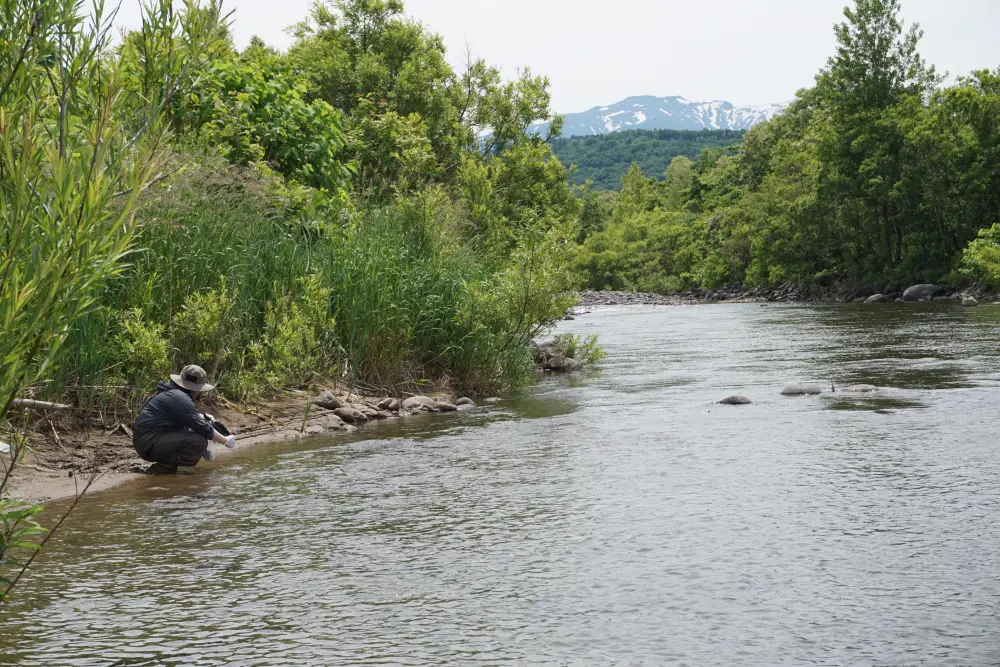Ecology and Natural Resources Management (ECOL)

The division conducts comprehensive research and teaching on a wide range of topics. Our focus areas include climate and environment, biodiversity, global change, ecosystem services, pest management, socio-ecological transformations, nutrition, sustainable land management, urban transformation, forest management, wildlife management, renewable energy, and resource mapping.
Our doctoral candidates receive a course of study that prepares them to work as independent, highly skilled researchers in both national and international research communities, where scientific proficiency is highly valued.
The division's graduates discover diverse career opportunities in research institutions, business, public administration, higher education, municipalities, and non-governmental organizations, among others. We are committed to fostering the development of individuals who contribute significantly to their chosen fields and make a positive impact on society.
(Photo credit: ©Max Voit)
Links to ZEF Themes
Biodiversity
The global biodiversity crisis is linked to sustainable development in many ways. Biodiversity and functional ecosystems do not only have a high intrinsic value, but nature also provides indispensable ecosystem services to support human livelihood. A large proportion of the global human population depends directly or indirectly on healthy ecosystems.
Agriculture, land use, climate change
Climate change, land use change, and land degradation have substantial impacts on agriculture and sustainable development both individually and in combination. Human activities and underlying socio-economic processes play a key role in shaping the dynamics of these coupled socioecological systems.
Water resources (management)
In many regions of the world water resources are being overexploited and polluted. In addition, severe floods and droughts are putting food security, the natural environment and people’s health at risk. These developments call for a thorough re-thinking of current water management strategies.
Food and nutrition
Despite much progress in recent decades, food security and nutrition remain one of today’s key challenge. This challenge takes several forms, which are distributed differently across the world: undernourishment, overnutrition, and micronutrient deficiencies.
Health
A healthy population is a prerequisite for development, as only healthy societies can be productive and innovative. Throughout their development process societies undergo the so-called epidemiological transition, which entails a shifting burden of disease from infectious diseases to non-communicable diseases (NCDs).
Gender
Gender inequalities deter human development in multiple areas such as education, employment opportunities, health, and environmental sustainability. Moreover, gender-based discrimination intersects with other types of discrimination; for example, those based on ethnicity or migrant status.
Innovation and science policy
Innovations can have different facets, ranging from technical and institutional innovations to societal innovations such as new governance structures or incentive schemes. Research on processes leading to the generation, local contextualization, implementation and adoption of innovations is key to developing policy recommendations.


